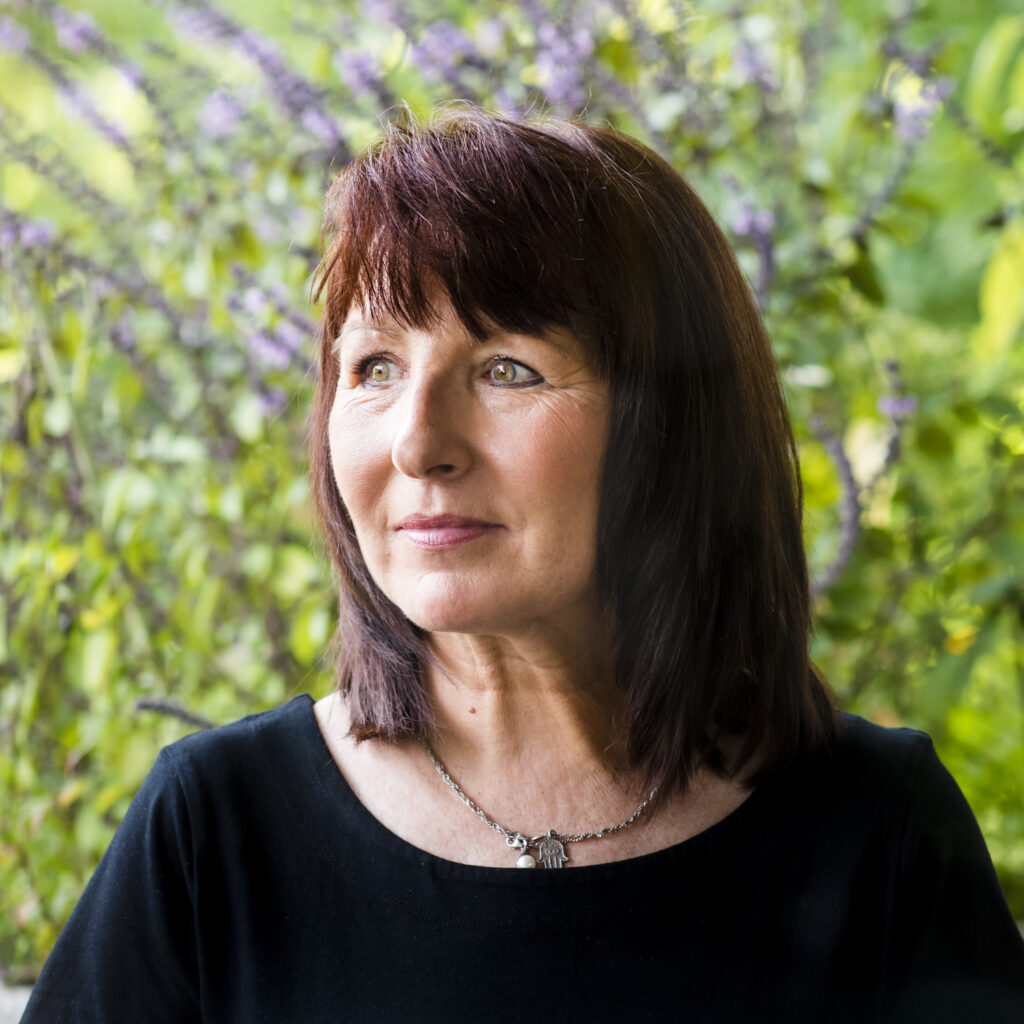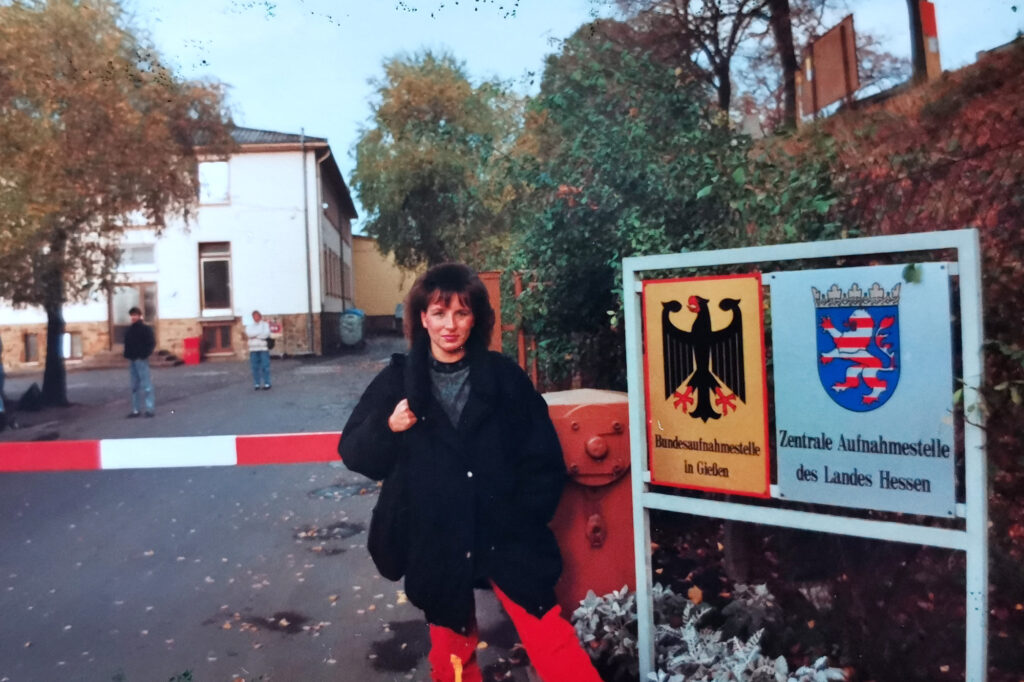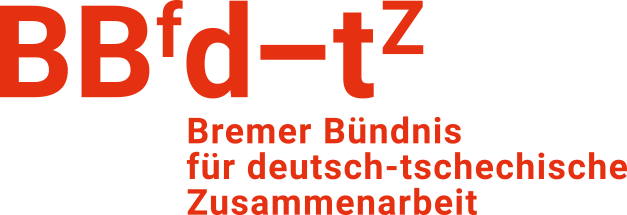

contemporary witnesses - to the individual pages
Katrin Heitsch


Foto: Manja Herrmann
Katrin Heitsch was born in Dresden in 1962. Until her escape in 1989, she worked in an exquisite store in the GDR. At the age of 18, she and her twin sister were already planning to leave the GDR. However, the sisters did not go ahead with their plans so as not to jeopardize their parents’ planned visit to the West. Nevertheless, Katrin Heitsch took part in protest actions in her youth. In the summer of 1989, she and her husband Matthias made their way to the Prague embassy after a failed attempt to leave the country via Hungary. At the time of her escape, Katrin Heitsch was already five months pregnant. Because of her pregnancy, she received special solidarity from the embassy staff and other people seeking refuge.
Today she lives with her husband in Bergisch-Gladbach and works in retail.
How was escape talked about in the GDR at that time, not only by the government, which spoke of "Republikflucht", but also in your personal environment?
So escaping, that meant or would have meant secretly running away across the border to the West, that wasn’t an issue for us at all. Because of course you knew that you could be shot, that it was life-threatening. And we wanted to live in the West and not go to the West and one of us might have fallen by the wayside. So we didn’t think about that at all. Of course, people talked about the fact that it happened. I once stayed overnight with friends in Berlin in ’83, for example, who lived relatively close to the Berlin Wall on Leipziger Strasse. And I can still remember hearing shots there. I remember exactly what the sequence was like. Something like that naturally eats into you and then you say no, we’re not going to take that risk. We chose the safe route or wanted to choose the safe route of leaving the country. Even though we knew it could take time. But we didn’t want to just run away and leave everything behind. It would have made the family unhappy, as we had parents and siblings. We weren’t quite so reckless, let’s put it that way. I don’t want to blame those who did it, but it wasn’t an option for us.
When you fled, were you aware that you might not see your family and friends again?
Yes, we had that, but from today’s perspective, you have to say: you were then caught up in such a machine. You couldn’t go back and you didn’t want to go back. But from today’s perspective, when you have children yourself, you naturally see what you did to your parents differently. My parents were only 50, they couldn’t come to the West, [sie] they weren’t allowed to travel yet. We still have a brother in Berlin, you wouldn’t have seen him for years. We never really thought about it. But as I said, from today’s perspective, you can see what you did with the whole thing and you still feel sorry for it now. But luckily things turned out differently. For us, of course, it was a blessing that the Wall came down. Even if some people say that the whole thing wasn’t worth it. Sure, you might think that it wasn’t worth all the effort. But we were still happy that the Wall came down. Because then our parents could come or we could visit them again. And we could see our brother. My mother-in-law was old enough to come to the West, she was already allowed to travel. She was a pensioner. But the others, as I said, siblings, that was difficult. But they wanted it too much to be able or want to foresee all the consequences. Maybe you just repressed it. Of course, it was even easier for me because my sister wanted to go with me. She’s my twin sister and we’re naturally very attached to each other and very close. And my nephew too, of course. Without them, I don’t really know if it would have been so easy for me. But it was difficult for our parents, that’s for sure.
You mentioned earlier that you took part in protests. Did you have any contacts with the opposition or the New Forum, or did you know people who were in opposition?
Yes, you knew people like that. Well, through my husband at work, there were a few colleagues who were in some associations [waren]. And it was somehow connected to the Protestant church, but I can’t remember exactly. We knew them and books were passed around under the table. One of them was by Jens Schmidbauer. He had written a book about the possibilities of occupying embassies. And we read that, but it was years before, maybe in ’85, ’86. That’s how we knew that it was even possible with the Prague embassy. Because Willi Stoph’s niece, who was the Prime Minister of the GDR, was one of the people who did it. She went to the Prague embassy and was then quietly allowed to leave within a very short time. And that’s how it was for many people. And it was the same for us, we couldn’t send any more letters to our relatives in the West, they were all read, of course. So we went to Prague and handed them in at the embassy there, because Dresden was close by. That’s how we got to know Hans Weber.
And that went on for years and then Hans told us, somehow we got into conversation, we were friendly with him, he said: Yes, if nothing works, I’m not allowed to tell you that, then you’ll just have to come to the Prague embassy. Because he realized that things had been going on for years with leaving the country and nothing was happening. And the situation that we then had in Hungary, that we had to leave the country in Hungary and would no longer have been able to go to the GDR, that of course made it clear to us that now we were ready, now we had to do it this way. Then we went to the Prague embassy, called him and discussed it with him. We were on vacation with the car and we left it with a woman in Prague, with whom we always stayed privately when we were in Prague. She put it in the garage, which was our good fortune. We collected a few things, a change of clothes, and then went to the Prague embassy. We’d agreed with him beforehand that we’d come at that time and he’d open the door. And I had sent my parents a postcard beforehand to say that we were doing well, that we were back from Hungary and staying in Prague for a while, so I had written something like that.
Can you outline how it came about that you accepted the offer from the lawyer Wolfgang Vogel?
So of course it was clear to us from the start that we didn’t want to go straight from the Prague embassy to the West. Our certificates, everything was still there and life went on in the West. We had to continue living there somehow and we didn’t want to leave our parents just like that. We didn’t want to just leave and never see them again. And the fact that we had read Schmidbauer’s book gave us confidence that it would actually work. It describes all the work done by the lawyer Vogel. What he was there for. Of course, as a citizen of the GDR, you didn’t experience that. But if you had read a book like that, then you knew that the possibility existed. We trusted that it would work. Especially as we had the assurance, I should say, from the state secretaries from the West that they were monitoring it. And the fact that my sister was on the list reassured me a little, because I thought: yes, okay, they know about it, they all know the connections. And that worked.
The literature says that there were about 150 people who accepted Vogel's offer and went back to the GDR. Did you talk about this with other people who stayed on site? Were there differences of opinion, conflicts?
Yes, there were. Many people, individuals rather, said no, I’m not going back to the GDR. And those who, I had the impression, had families, they went back. Because they – there were also individual men, for example, who had left their wives and children in the GDR – then preferred to leave with their families. And, let’s say, mainly young individuals who, in German, had nothing to lose, were prepared to go to the West in this way, i.e. directly through the Prague embassy.

